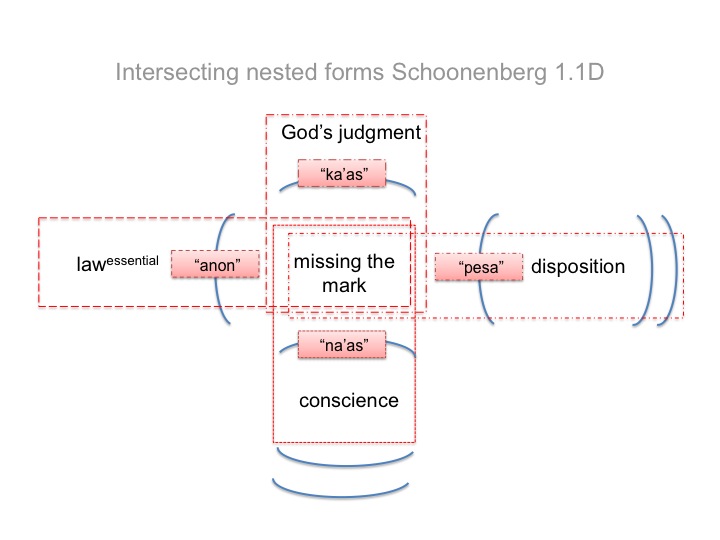Thoughts on Man and Sin by Piet Schoonenberg (1964) 1.1I2
[The Jews always knew they had a destiny. Otherwise, the imperial Persian would not have miraculously allowed them to return to establish the second temple. Otherwise, Abram would not have received that crazy message: I will make of you a great nation. A universal has always hidden beneath the robes of Jewish particularism. For centuries, the question was: If it came out, what would it look like?
To the dismay and joy of many, it looked like a carpenter from Nazareth, pointing out something that no one had ever thought, revealing the pinnacle of what anyone had thought before.
What did the carpenter say?
Everything you know is thinkgroup3. And look, your thinkgroup does not live up to the expectations expressed in your own Scriptures. You miss the mark, even though, from your own perspective, your aim true.]

